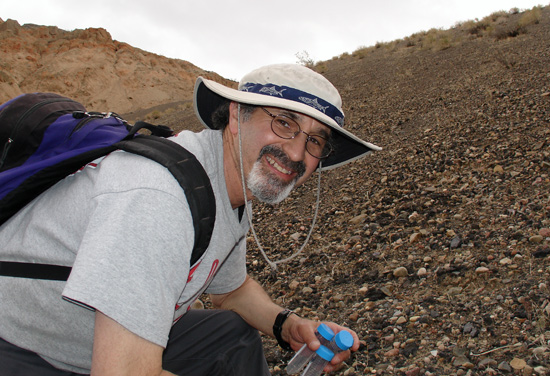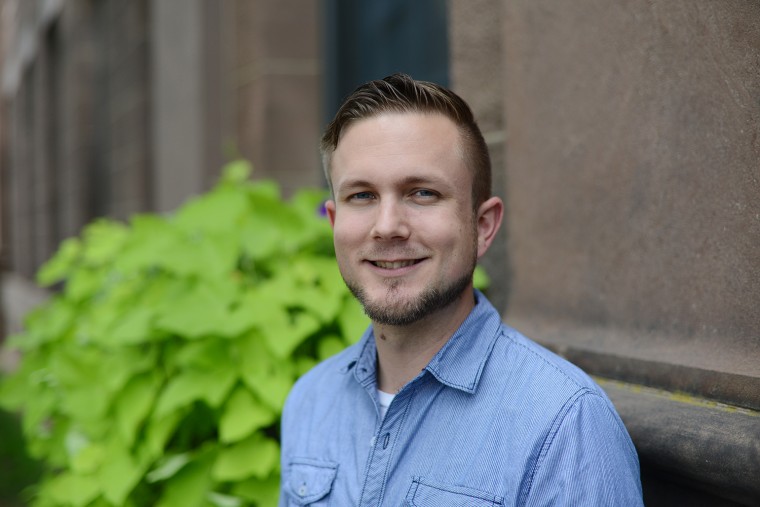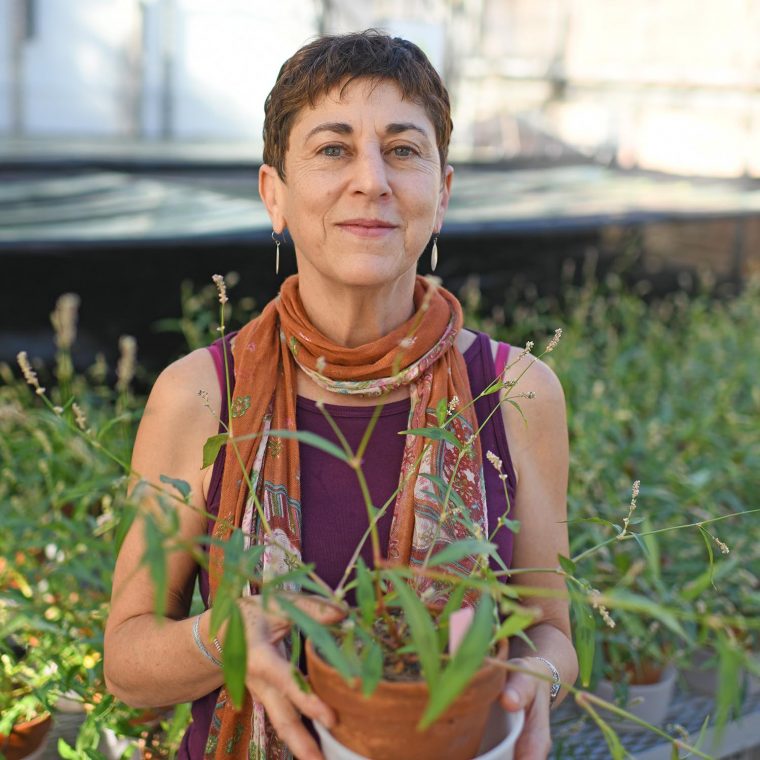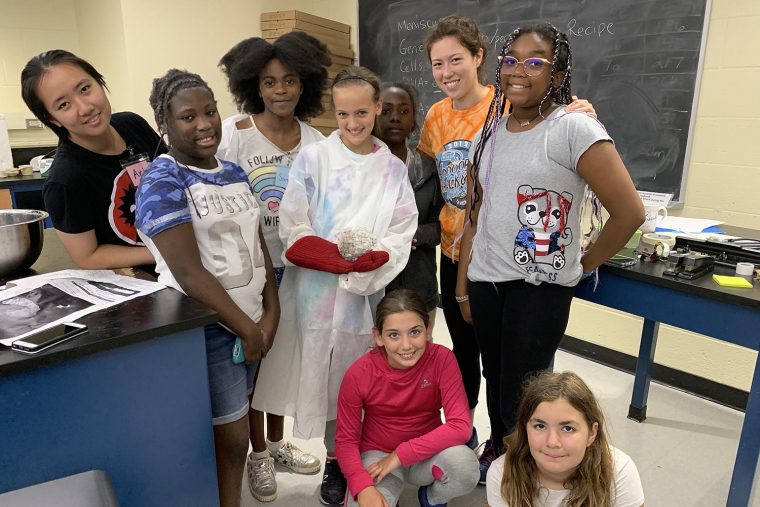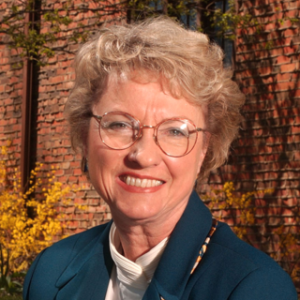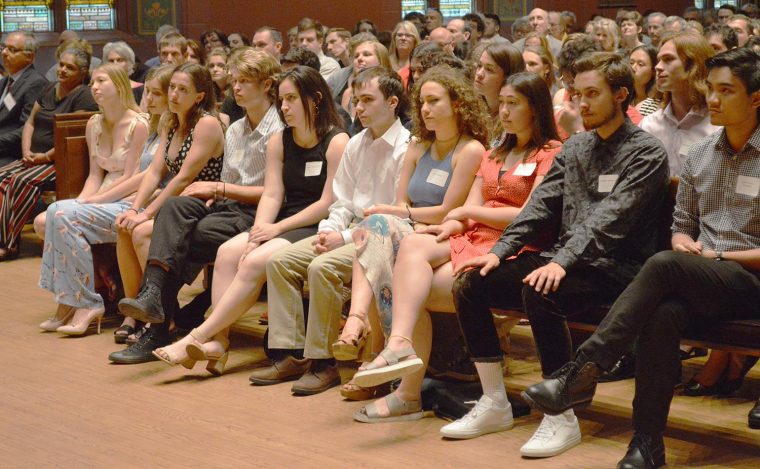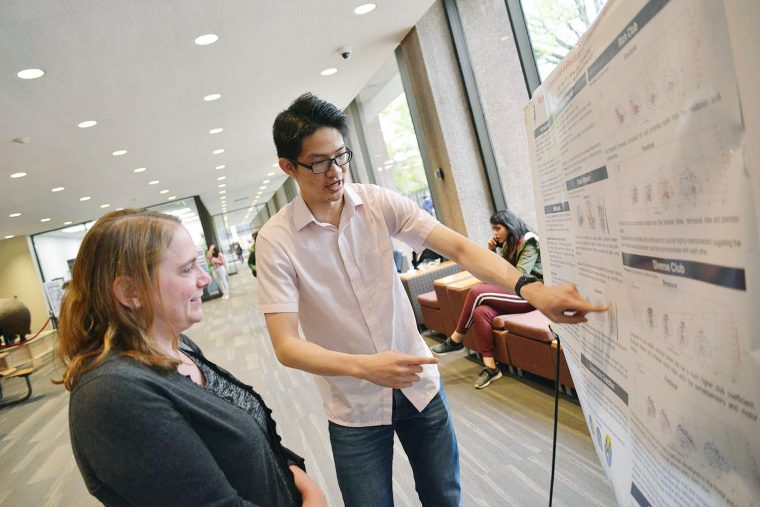Beginning May 4, 2020, Roger Mathew Grant will succeed Nicole Stanton as Dean of the Arts and Humanities division, and beginning July 1, 2020, Janice Naegele will succeed Joe Knee as Dean of the Natural Sciences and Mathematics division. The announcement was made by Rob Rosenthal, interim provost and senior vice president for academic affairs. Roger Mathew Grant, associate professor of music, received his undergraduate degree from Ithaca College and his PhD from the University of Pennsylvania. In his recent book, Peculiar Attunements: How Affect Theory Turned Musical (Fordham University Press, 2020), he considers contemporary affect theory in relation to European…
Wesleyan in the News 1. The Open Mind: "Democratizing the Jury" Associate Professor of Government Sonali Chakravarti is interviewed in connection with her new book, Radical Enfranchisement in the Jury Room and Public Life, in which she offers a "full-throated defense of juries as a democratic institution." "I am very interested in how ordinary people engage with political institutions, and juries are the place where ordinary people have the most power," she says. Chakravarti calls for more robust civic education, continuing into adulthood, in order to have a "more effective, modern jury system." 2. Hartford Courant: "Sen. Murphy, Aiming to…
Wesleyan in the News 1. Hartford Courant: "Jeanine Basinger, the 'Professor of Hollywood,' Is Wesleyan University's Homegrown Screen Legend" Corwin-Fuller Professor of Film Studies, Emerita Jeanine Basinger, whom this article notes has been dubbed “the professor of Hollywood” and “an iconic figure in American cinema, one of the most beloved and respected film history professors in the history of film studies” by The Hollywood Reporter, is interviewed on the occasion of her 60th year at Wesleyan, and the 50th since she created its film program. She talks about her next book on American film comedy, shares some of her favorite things,…
Wesleyan faculty frequently publish articles based on their scholarship in The Conversation US, a nonprofit news organization with the tagline “Academic rigor, journalistic flair.” In this article, Fred Cohan, professor of biology, Huffington Foundation Professor in the College of the Environment, PhD student Kathleen Sagarin, and Kelly Mei ’20 explain how viruses like coronavirus—and several others over history—spread from animals to humans, what determines the size of the outbreak, and how behavioral modifications and technology can stop the spread. A clue to stopping coronavirus: Knowing how viruses adapt from animals to humans As the novel coronavirus death toll mounts, it is…
Three Wesleyan faculty recently received Academic Research Enhancement Awards (R15) from the National Institutes of Health (NIH). R15 grants stimulate research at educational institutions that provide baccalaureate training for a significant number of the nation's research scientists, but that have not been major recipients of NIH support. Awards provide funding for small-scale, new, or ongoing health-related meritorious research projects, enhancing the research environment at eligible institutions and exposing students to research opportunities. Amy MacQueen, associate professor of molecular biology and biochemistry, received a $492,900 award on Aug. 7 for her research titled "How do Synaptonemal Complex Proteins Mediate the Coordinated?" MacQueen…
In this recurring feature in The Wesleyan Connection, we highlight some of the latest news stories about Wesleyan and our alumni. Wesleyan in the News CNN: "What the ‘Woke Student’ and the ‘Welfare Queen’ Have in Common" "Every age seems to need a bogeyman, some negative image against which good people measure themselves," writes President Michael Roth '78 in this op-ed. Roth compares today's bogeyman, the "woke" college student, with those of past eras—the "welfare queen" and "dirty hippie"—and seeks to build understanding and dispel negative misperceptions of activist college students. "The images of the welfare queen and of the woke…
The second publication by students in Genomics Analysis (BIOL 310) has been accepted by the well-known journal G3: Genes, Genomes, Genetics. This adds 26 Wesleyan students to the ranks of more than 40 students who have become published authors through the course's research on Drosophila sechellia, a type of fruit fly evolved to eat a plant that is toxic to most insects. The recent paper, "Genomics Analysis of L-DOPA Exposure in Drosophila sechellia,” is coauthored by all 20 students in Assistant Professor of Biology Joseph Coolon's class, and six students in his lab. "I created my Genomics Analysis course as a…
With support from a $2 million John Templeton Foundation National Sciences grant, Professor of Biology Sonia Sultan will spearhead a multi-institution evolutionary biology research project over the next three years. The project, titled "Agency in Living Systems: How Organisms Actively Generate Adaptation, Resilience and Innovation at Multiple Levels of Organization," developed from Sultan's research on how individual organisms respond to their environments. Sultan and her Wesleyan research group study this question through experiments with the common plant Polygonum. Sultan's previous findings have shown that genetically identical Polygonum plants can develop very differently depending on their growth conditions, allowing adaptive adjustments…
(Story by Kerisha Harris) For the sixth year in a row, the weeklong Wesleyan Girls in Science Summer Camp welcomed dozens of middle school-aged girls for a week of learning, exploration, and STEM-centered fun. From Aug. 5-9 inside Exley Science Center, the 32 campers in grades 4-6 spent the week learning about everything from how to extract DNA from a strawberry, to the parts of the brain, and even how to make (but don’t touch) an ice-cold comet. By Friday, the young scientists were excited to share all they had learned with their friends and families, and did so through a poster presentation and…
Carol Lynch, former professor of biology, passed away last week at the age of 76. Lynch joined the Wesleyan faculty in 1973 and served as dean of the natural sciences and mathematics in the late 1980s and early 1990s. During her time here, Lynch established a model system for studying the evolution of complex traits using house mice and played a pioneering role in supporting and mentoring women in the sciences. She left Wesleyan in 1992 to join the University of Colorado, Boulder, where she served as dean of the graduate school and vice chancellor for research from 1992 to…
On May 25, members of the Class of 2019 were inducted into Wesleyan’s Gamma Chapter of Phi Beta Kappa Society, the oldest national scholastic honor society. The Wesleyan Gamma Chapter was organized in 1845 and is the ninth-oldest chapter in the country. To be elected, a student must first have been nominated by the department of his or her major. The student also must have demonstrated curricular breadth by having met the General Education Expectations and must have achieved a GPA of 93 and above. Phi Beta Kappa is the oldest surviving Greek letter society in America, founded in December…




